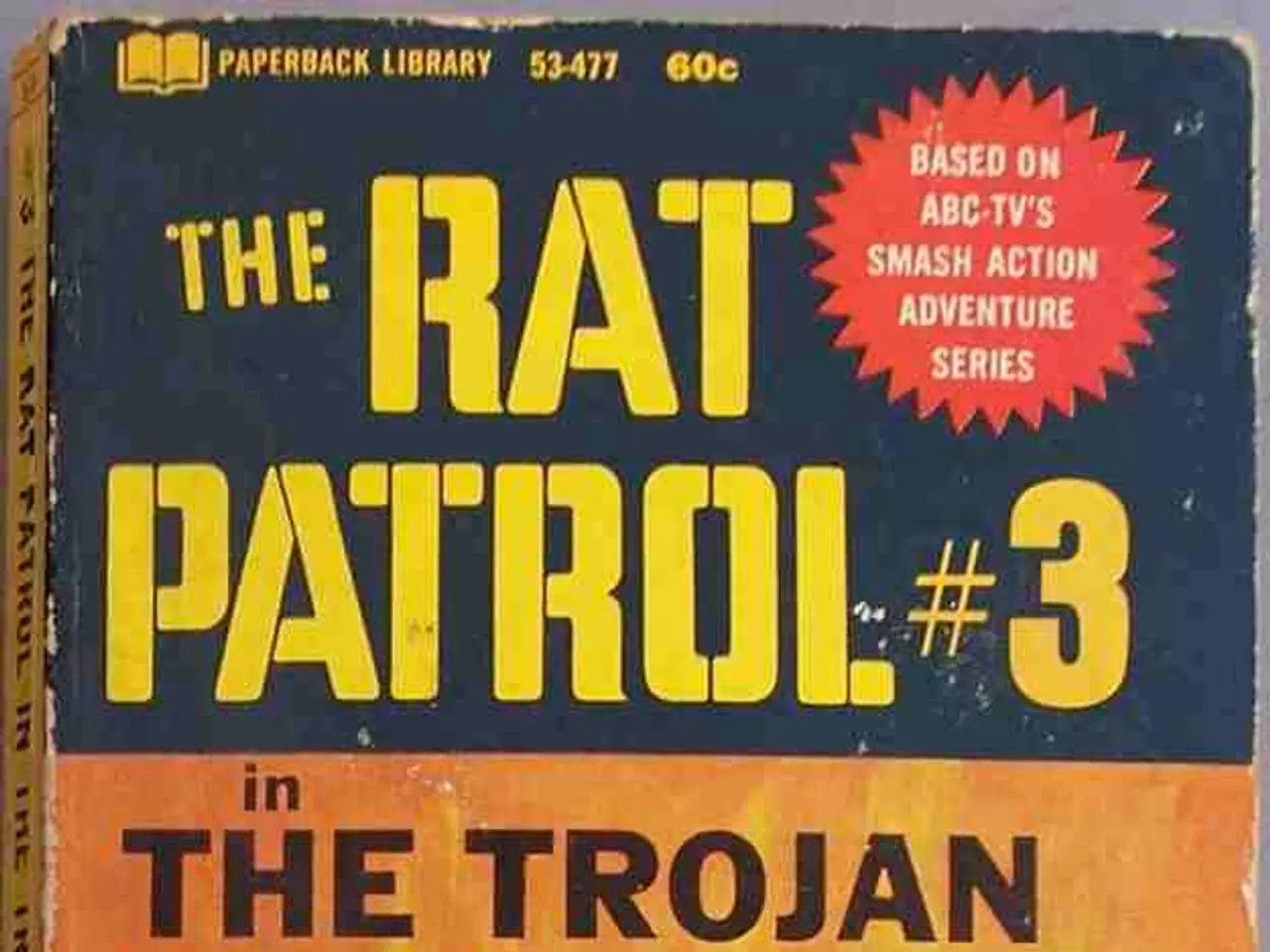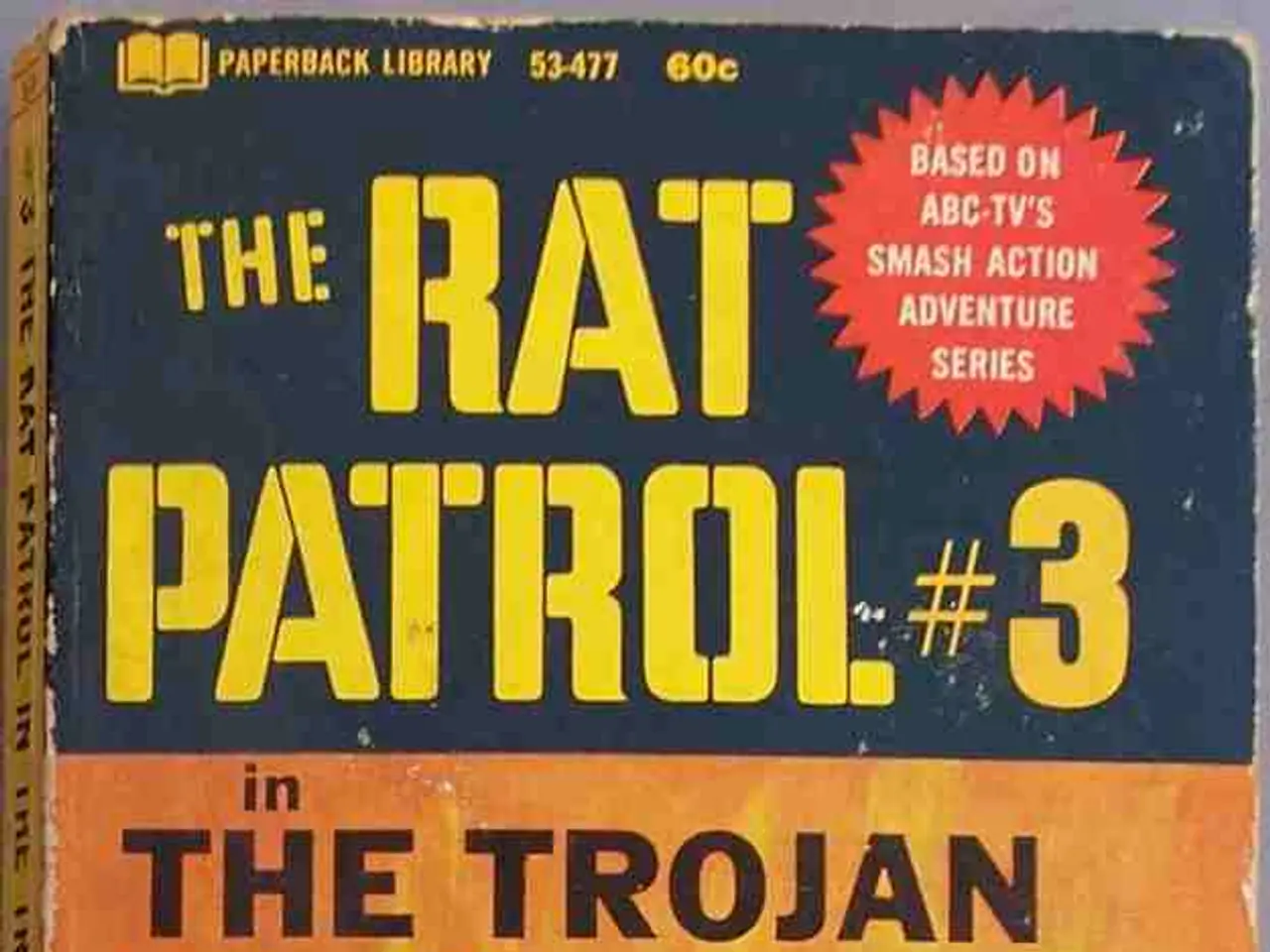A Setback for Iran's Nuclear Ambitions: Israel's Operations Delaying the Program by Years
Iran's nuclear program is viewed by Israel as still significantly behind schedule
Israel's Foreign Minister, Gideon Saar, has claimed that Israel's attacks on Iran's nuclear program have set back the Islamic Republic's ability to develop a nuclear weapon by at least two to three years. These assertions follow a series of assaults, particularly on nuclear scientists and military personnel, which have reportedly disrupted Iran's nuclear progress.
The Foreign Minister noted the elimination of key figures leading and advancing the armament of Iran's nuclear program as a significant result of Israel's actions. Saar maintained that Israel would continue to take whatever measures necessary to eliminate this potential threat, displaying a firm resolve to ensure the security of the region.
Saar: Negotiations Stall, Not a Diplomatic Solution
When asked about the possibility of a diplomatic solution to the conflict with Iran, Saar expressed skepticism. He stated that he did not believe Iran was seeking a diplomatic solution but instead merely attempting to deceive the international community. According to Saar, negotiations have historically served as a means for Iran to deceive, gain time, and advance its nuclear program.
The Iranian leadership has reportedly claimed it is not ready for negotiations as long as the attacks continue. Despite this, Saar pointed out that there had been no progress in negotiations before the attacks, and, to date, the Iranians have not made any concrete offers indicating a change in their position. Furthermore, Iran is currently not cooperating with the International Atomic Energy Agency, making inspections impossible at the moment.
A Protracted Conflict
The Israeli-Iranian conflict has been a contentious issue for several years, with military actions taking place both directly and indirectly, such as through proxy groups like the Houthis in Yemen. The United States has also joined the fray, with joint military strikes against Iranian nuclear sites intensifying Iran's missile attacks against Israel.
While Israel has acknowledged achieving significant benefits from its military operations, nuclear experts remain skeptical regarding the overall effectiveness of these strikes in substantially degrading or delaying Iran's nuclear weapons development capabilities. Iran continues to retaliate militarily and persist in its nuclear activities, despite these setbacks.
Sources: ntv.de, ino/AFP/dpa
- Iranian nuclear program
- Iran
- Israel
- Nuclear weapons
- Military actions
- Nuclear facilities
- Proxy groups
- United States
[1] Pype, D. (2021, January 18). Iranian nuclear scientist assassinated in Tehran. Al Jazeera. Retrieved from https://www.aljazeera.com/news/2021/1/18/iranian-nuclear-scientist-assassinated-in-tehran
[2] Gordon, L. (2021, May 1). The U.S. and Israel could face a dangerous escalation with Iran. The Washington Post. Retrieved from https://www.washingtonpost.com/opinions/2021/05/01/usa-israel-could-face-dangerous-escalation-iran/
- Amidst the ongoing Iran-Israel conflict and the escalating military actions, it is crucial for both community and employment policies to address any potential repercussions that may impact the region's workforce, particularly in sectors linked with general news, war-and-conflicts, and politics.
- Given the protracted nature of the conflict between Iran and Israel, employing diplomatic solutions and negotiations toward a peaceful resolution, while also keeping an eye on any advancements in Iran's nuclear weapons development, are vital topics in both international politics and general news.







